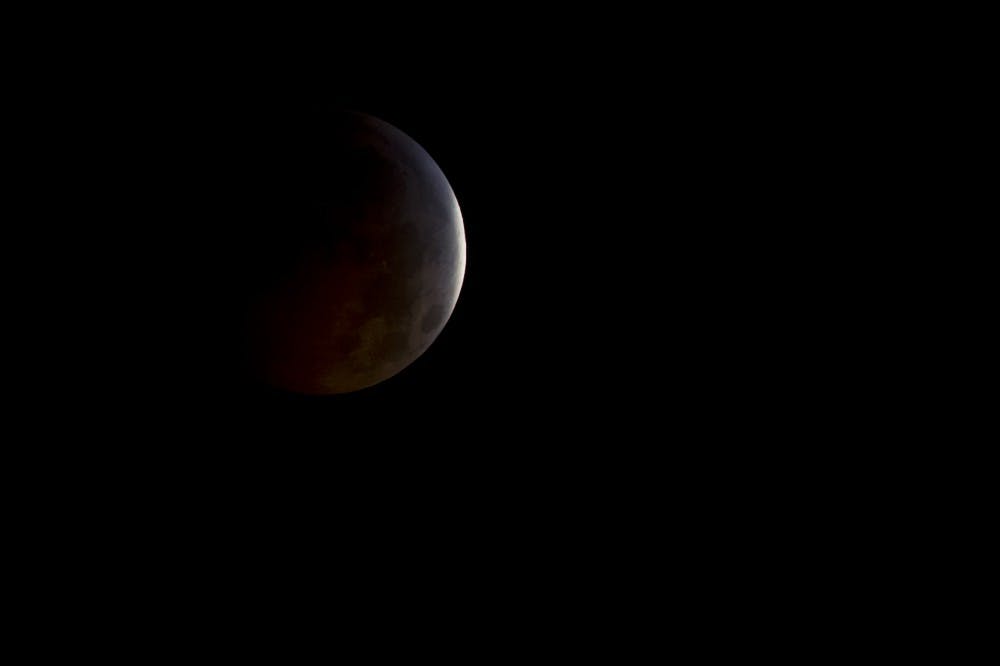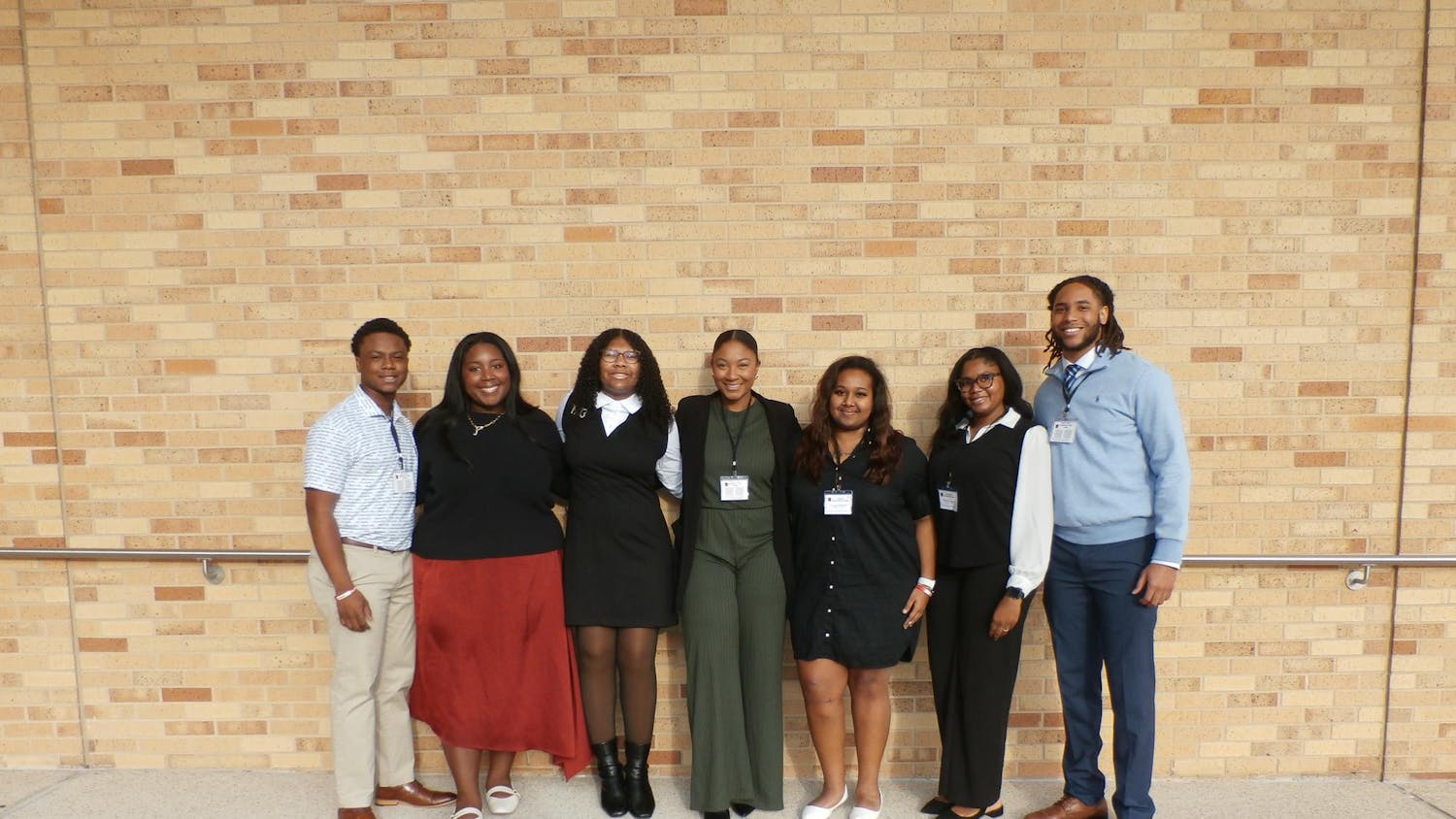On Aug. 21, the Auburn community will have a partial view of the first total solar eclipse in the U.S. since 1979.
The weather in Alabama is frequently unpredictable, but Auburn can expect a unique Monday afternoon on Aug. 21.
University students will begin their fall semester with an extraordinary campus experience with a total solar eclipse occurring on the first day of classes. This will be the first total solar eclipse the U.S. has seen since 1979.
A total solar eclipse is a visual marvel that happens when the moon passes between the sun and the Earth. Even though the moon is actually much smaller than the sun, it appears to completely cover it and casts a large shadow over the Earth.
The result is an unnatural, spooky twilight during the day.The eclipse’s path of totality will expand over parts of 12 states and Auburn is expected to get a good partial view.
A total eclipse has a magnitude of 1 or higher, and the magnitude in Auburn will be close to that at around 0.93.The duration of the eclipse will be about two hours and 57 minutes.
The view in Auburn will begin just after noon with the maximum view occurring about 1:36 p.m. and will end at 3 p.m. More details on these times can be found on timeanddate.com.
Do you like this story? The Plainsman doesn't accept money from tuition or student fees, and we don't charge a subscription fee. But you can donate to support The Plainsman.





